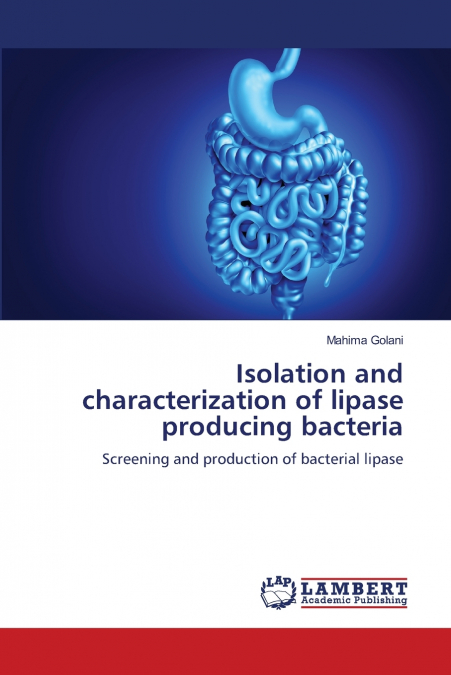
Mahima Golani
The bacterial culture screened for lipase production was identified on the basis of morphological, cultural, physiological and biochemical characteristics as well as phylogenetic tree made using Neighbour Joining method, as a novel bacterium Staphylococcus argenteus. This was further confirmed and identified up to species level by IMTECH, Chandigarh and designated as Staphylococcus argenteus strain MG2 MTCC 12820. The 16S rDNA nucleotide sequence of the isolate Staphylococcus argenteus MG2 determined in this study has been deposited in the (NCBI, US) Gene Bank database under the accession number KY082046. The organism Staphylococcus argenteus MG2 showed optimal growth at pH 9.5 which shows its alkali tolerant nature. Optimum temperature for growth was 37°C and was able to tolerate up to 7.5% salt and 5% sucrose concentration. Media optimization experiments revealed optimum carbon source was lactose and nitrogen source as yeast extract. The organism Staphylococcus argenteus MG2 was found to be a potential lipase producer and has various other industrial applications.